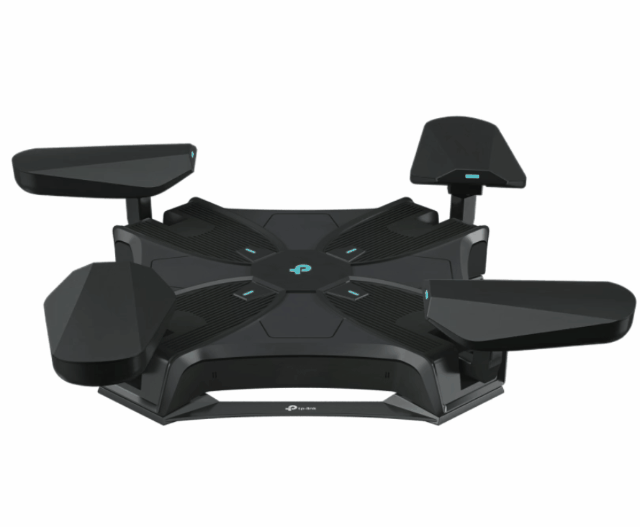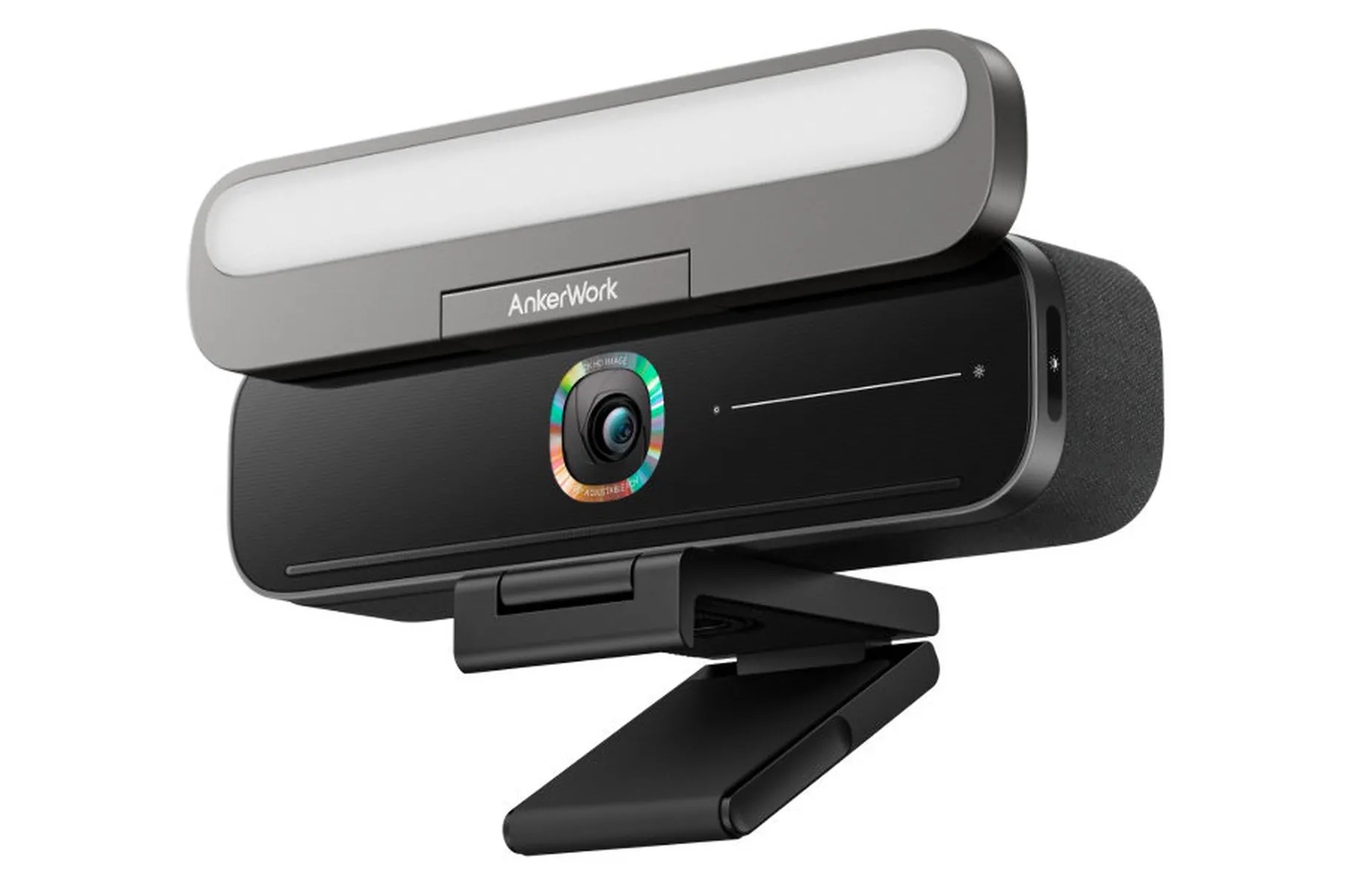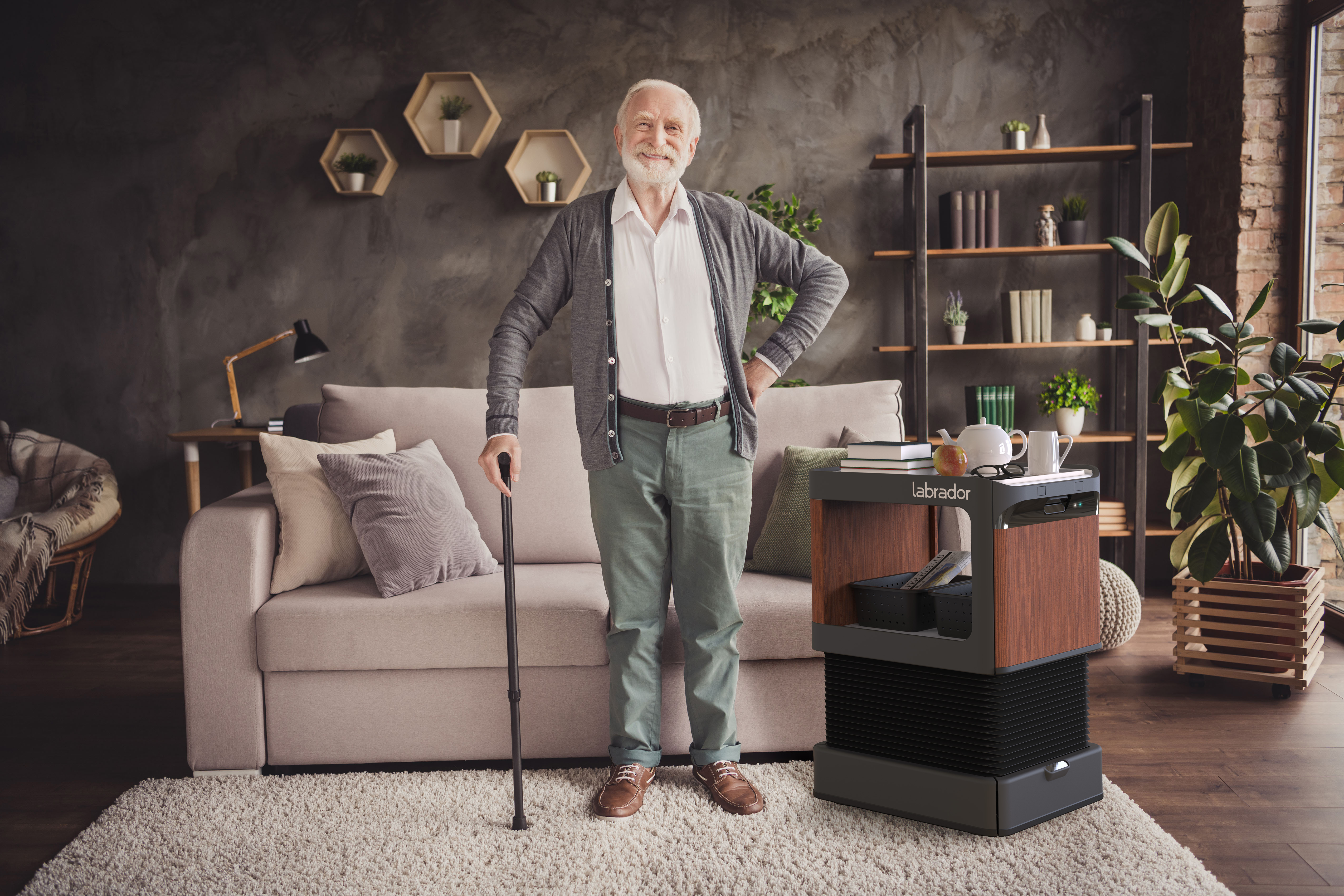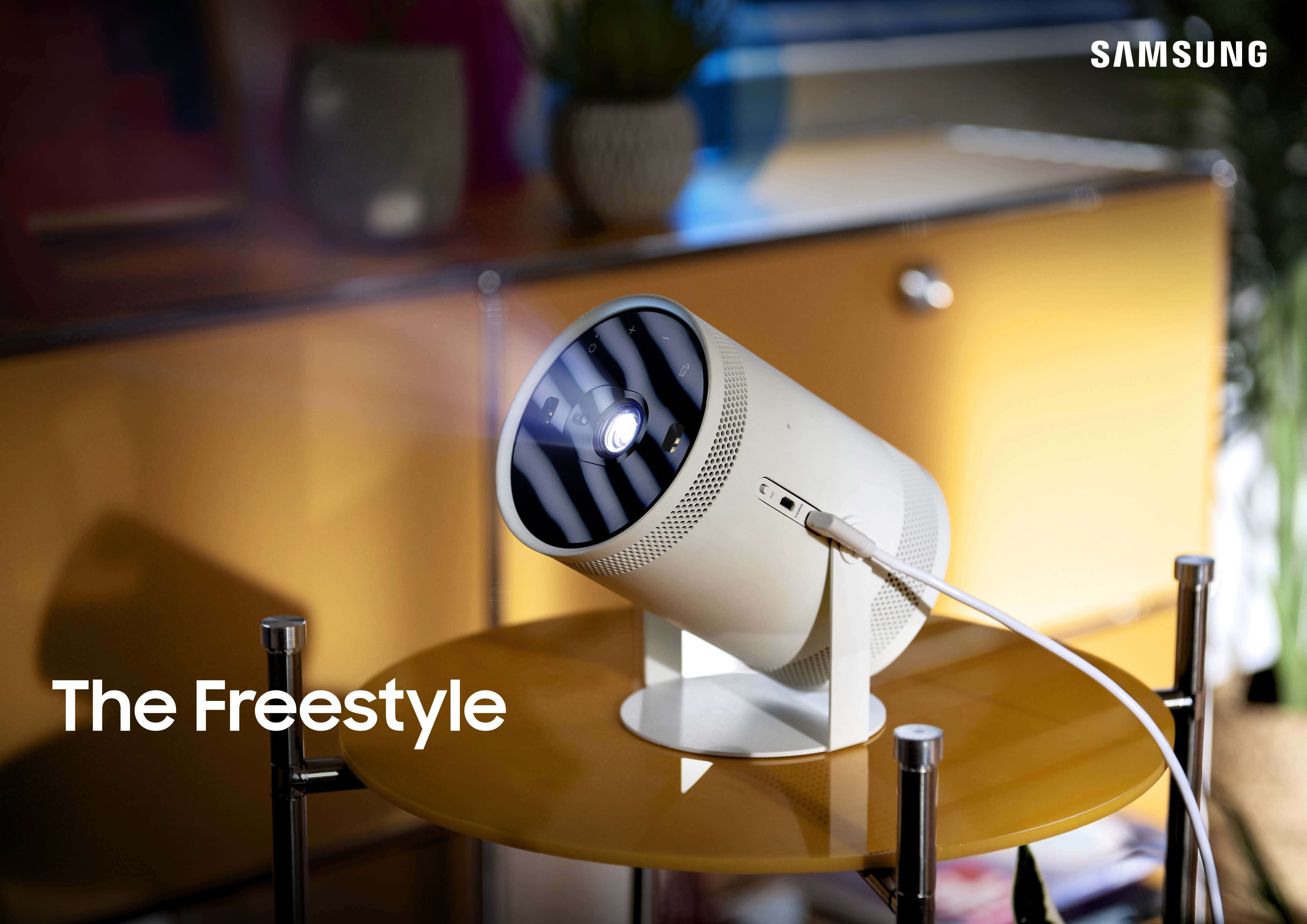Long gone are the days when CES actually stood for “Consumer Electronics Show” — the CTA has seen to that in its various small print. I recommend you check out our recent best of CES 2012 story for a look back on the days when things like smartphones took center stage at the event. Mobile World Congress has taken some of the wind out of CES’s sails, along with an increased push for companies to debut flagships at their own events.
This year we got, what, Samsung budget-flagship and a preview of the latest OnePlus device from a parallel event? Certainly things weren’t helped along by the fact that LG and HTC — which were both involved in the show in some form — are either mostly or entirely out of the smartphone game. And Huawei, which had a major presence at the show a few years back, won’t be participating in CES any time soon.
Much of that vacuum has been filled by transportation. Over the past decade, CES has transformed into a major automotive show, as carmakers look to prove to the world that they’re on the bleeding edge of tech, from autonomy to in-car systems to sending robots to the Martian metaverse. Certainly the show kept Kirsten and Rebecca very busy this week.
CES continues to be a major event on the consumer hardware side of things, as well, even if there aren’t as many phones as there once were. It’s still a major showcase for PCs, connected health, smart home gadgets, accessories and even robotics. It’s also a fascinating look into how the industry is evolving. Take fitness — the sheer volume of wearables has reduced, though companies are experimenting with newer form factors like rings. Meanwhile, there’s been a surge in companies looking to take on the likes of Peloton and Mirror.
At what was a pretty subdued showing for wearables, Garmin managed to grab some headlines with its hybrid Sport smartwatch. Hybrid smartwatches have been an admittedly mixed bag over the years, but Garmin has proven to be a surprisingly strong brand in the wearables category. And the Vivomove Sport is a pretty great looking watch, with a clean design that will appeal to those put off by flashier smartwatches.
Trackers had a bit of moment, in the wake of the popularity of products like Tile and Apple AirTags. This year the former got another PC partner, in Lenovo, as the ThinkPad X1 got Tile tracking support, allowing users to find their lost laptop for up to 14 days, even when powered down. Targus, meanwhile, built Apple’s Find My support directly into its latest backpack.
Image Credits: Chipolo
But Chipolo gets the nod here with the introduction of CARD. The device, which also supports Find My, is slightly larger than a credit card and designed to live in a wallet, so you get an alert whenever you leave the product behind. I currently own one AirTag, which I use for my keys. As someone who has misplaced his wallet more than once in my adult life, I’d say this is a fairly compelling use case that would make me consider shelling out for another.

Image Credits: TP-Link
Devin dropped the AXE11000 Tri-Band Wi-Fi 6E Router at the end of his whole what my work from home set up would look like if I was independently wealthy roundup (paraphrasing here). This thing is pretty wild — especially as far as the world of routers go. The system features motorized antenna that adjust to get a stronger signal. No word on price there, but you’re likely going to pay for that luxury on top of TP-Link’s already high base price. But can you really put a price tag on faster Wi-Fi?

Image Credits: Anker
Shout-out to what’s likely to be a far more reasonably price remote accessory. If nothing else, Anker knows how to keep costs down; $220 will get you the Video Bar, which is a kind of all-in-one webcam solution. You get a 2K camera with AI-based picture framing, coupled with a built-in lightbar and speakers. It’s not going to replace more advanced studio setups (or, for that matter, the Opal), but it’s a solid plug and play solution for those looking to up their home video game on the (relatively) cheap.

Image Credits: Labrador Systems
Earlier this week, I wrote a lot of words about CES’s evolution as a robotics show. One of the biggest sticking points there is the general lack of viable home robotics, beyond the Roomba and an army of fellow robotic vacuums. I was happy to get a better look at Labrador’s system this week, however, because it addresses a very real need — specifically those with limited mobility looking to remain independent. The system is effectively a mobile helping hand for the home.

Image Credits: Asus
It’s not CES without fun new form factors, and the Asus Zenbook 17 Fold OLED takes the cake by a mile this year, adopting the foldable phone form factor into a full laptop. What’s most stunning about the thing is that the company actually plans to release the thing. I suspect I’m not alone in assuming this thing was just a concept the first time I saw a render, but Asus is planning to release the system in Q2 of this year. So we’ll see soon enough how close the commercial product looks to these shots.

Image Credits: Samsung
Samsung skipped its usual sensory bombardment this year. There weren’t any robots, just bespoke washing machines and budget phones, but it did manage to sneak in a fun projector, of all things. Despite their relatively limited appeal, companies keep trying to make projectors happen, and at the very least, this one is small, well-built and looks good. It’s also $900, which means it’s likely destined to stay in its niche.

















 English (US) ·
English (US) ·